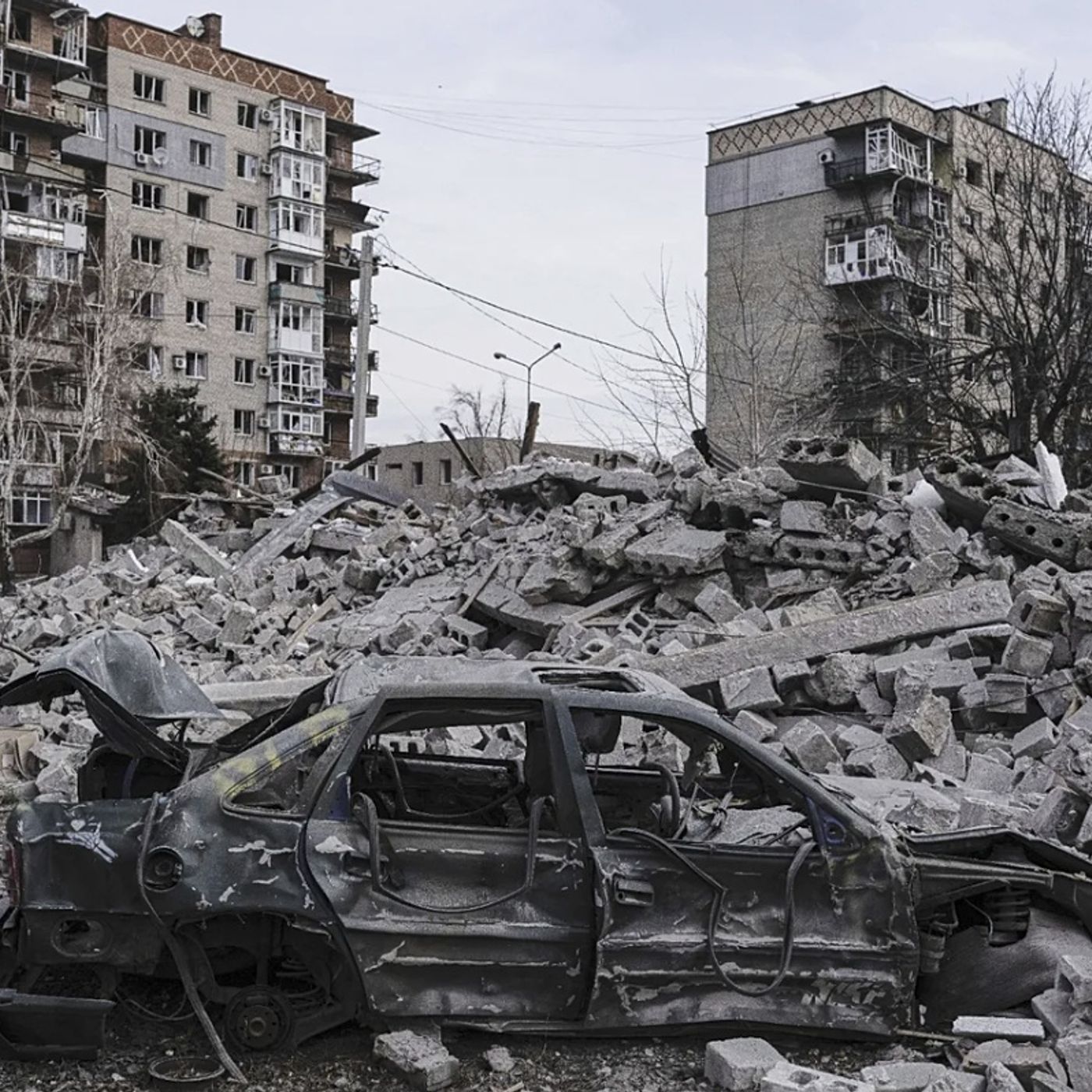Episode 731: Russia's Fourth Summer of War, with Dr. Dmirty Gorenburg
- Author
- Midrats
- Published
- Mon 25 Aug 2025
- Episode Link
- https://www.spreaker.com/episode/episode-731-russia-s-fourth-summer-of-war-with-dr-dmirty-gorenburg--67500610
This summer, the fourth summer of the Russo-Ukrainian War that started in the winter of 2022, we find the first serious and determined effort towards a genuine negotiation to end this grinding war in Eastern Europe.
The experiences and lessons of this war aren’t only changing how nations throughout the world prepare for their next war, it has forced even greater changes on both combatants how they fight now and plan structuring their national defense post-war.
Returning to Midrats again to discuss this and related issues is Dr. Dmitry Gorenburg, a Senior Research Scientist in the Strategy, Policy, Plans, and Programs division of CNA, where he has worked since 2000.
Dr. Gorenburg is an associate at the Harvard University Davis Center for Russian and Eurasian Studies and previously served as Executive Director of the American Association of the Advancement of Slavic Studies (AAASS). His research interests include security issues in the former Soviet Union, Russian military reform, Russian foreign policy, and ethnic politics and identity. Dr. Gorenburg is author of Nationalism for the Masses: Minority Ethnic Mobilization in the Russian Federation (Cambridge University Press, 2003), and has been published in journals such as World Politics and Post-Soviet Affairs. He currently serves as editor of Problems of Post-Communism and was also editor of Russian Politics and Law from 2009 to 2016. Dr. Gorenburg received a B.A. in international relations from Princeton University and a Ph.D. in political science from Harvard University.
Show Links
In this episode of the Midrats Podcast, the ongoing Russia-Ukraine conflict is explored in depth, focusing on the initial misjudgments about the war's duration, the societal costs for Russia, and the regional disparities in the impact of the war. The conversation also delves into recruitment strategies, the role of paramilitary forces, economic pressures, and the dynamics within NATO. Additionally, military reforms, the influence of drones on warfare, and international support for Russia's military efforts are discussed, providing a comprehensive overview of the current state of the conflict and its broader implications.
Takeaways
The experiences and lessons of this war aren’t only changing how nations throughout the world prepare for their next war, it has forced even greater changes on both combatants how they fight now and plan structuring their national defense post-war.
Returning to Midrats again to discuss this and related issues is Dr. Dmitry Gorenburg, a Senior Research Scientist in the Strategy, Policy, Plans, and Programs division of CNA, where he has worked since 2000.
Dr. Gorenburg is an associate at the Harvard University Davis Center for Russian and Eurasian Studies and previously served as Executive Director of the American Association of the Advancement of Slavic Studies (AAASS). His research interests include security issues in the former Soviet Union, Russian military reform, Russian foreign policy, and ethnic politics and identity. Dr. Gorenburg is author of Nationalism for the Masses: Minority Ethnic Mobilization in the Russian Federation (Cambridge University Press, 2003), and has been published in journals such as World Politics and Post-Soviet Affairs. He currently serves as editor of Problems of Post-Communism and was also editor of Russian Politics and Law from 2009 to 2016. Dr. Gorenburg received a B.A. in international relations from Princeton University and a Ph.D. in political science from Harvard University.
Show Links
- Inside Russia’s Shadow Military Sustaining the War, by Mariya Y. Omelicheva
- India’s Ministry of External Affairs letter of 04 August 2025.
- Center for Naval Analysis (CNA) Analysis papers.
- Russian Military Reform Blog
In this episode of the Midrats Podcast, the ongoing Russia-Ukraine conflict is explored in depth, focusing on the initial misjudgments about the war's duration, the societal costs for Russia, and the regional disparities in the impact of the war. The conversation also delves into recruitment strategies, the role of paramilitary forces, economic pressures, and the dynamics within NATO. Additionally, military reforms, the influence of drones on warfare, and international support for Russia's military efforts are discussed, providing a comprehensive overview of the current state of the conflict and its broader implications.
Takeaways
- The initial belief was that Russia would win quickly.
- The price of repression in Russia has increased significantly.
- Recruitment for the war is more successful in rural areas.
- The narrative has shifted to a defensive stance against the West.
- Paramilitary forces were initially relied upon due to manpower shortages.
- The Russian economy has held up...
